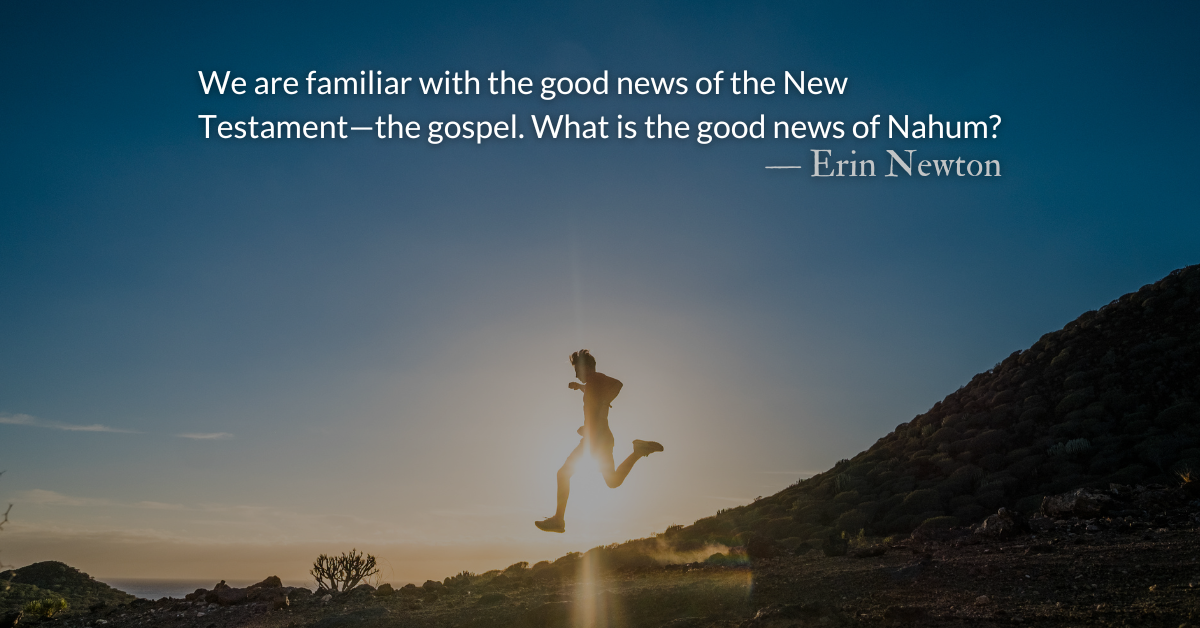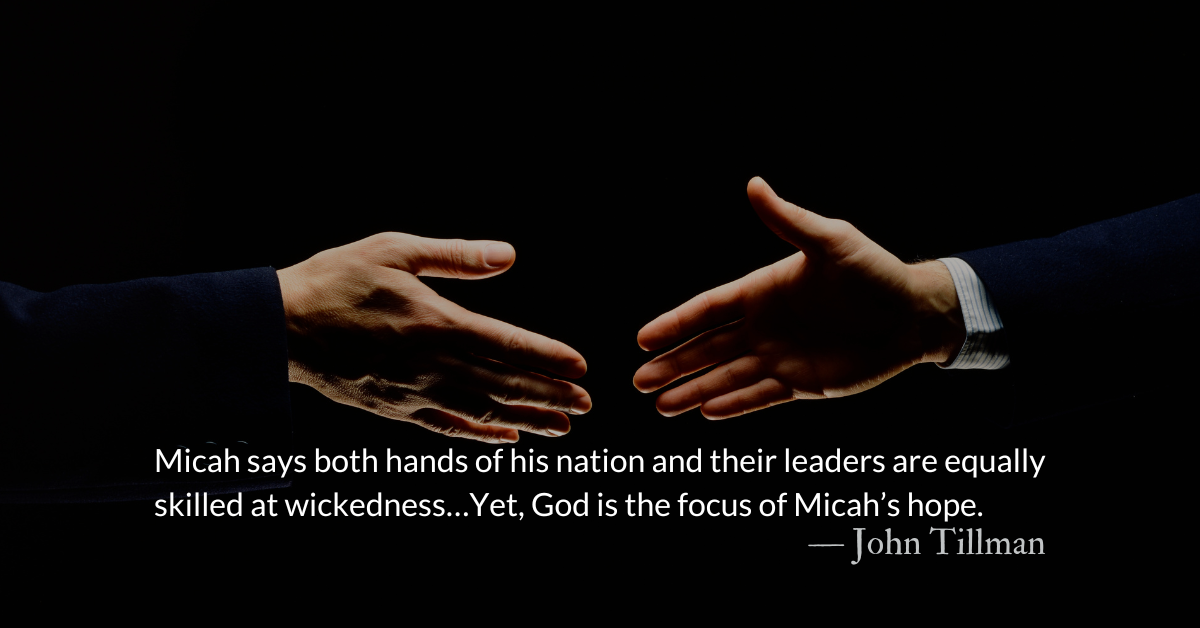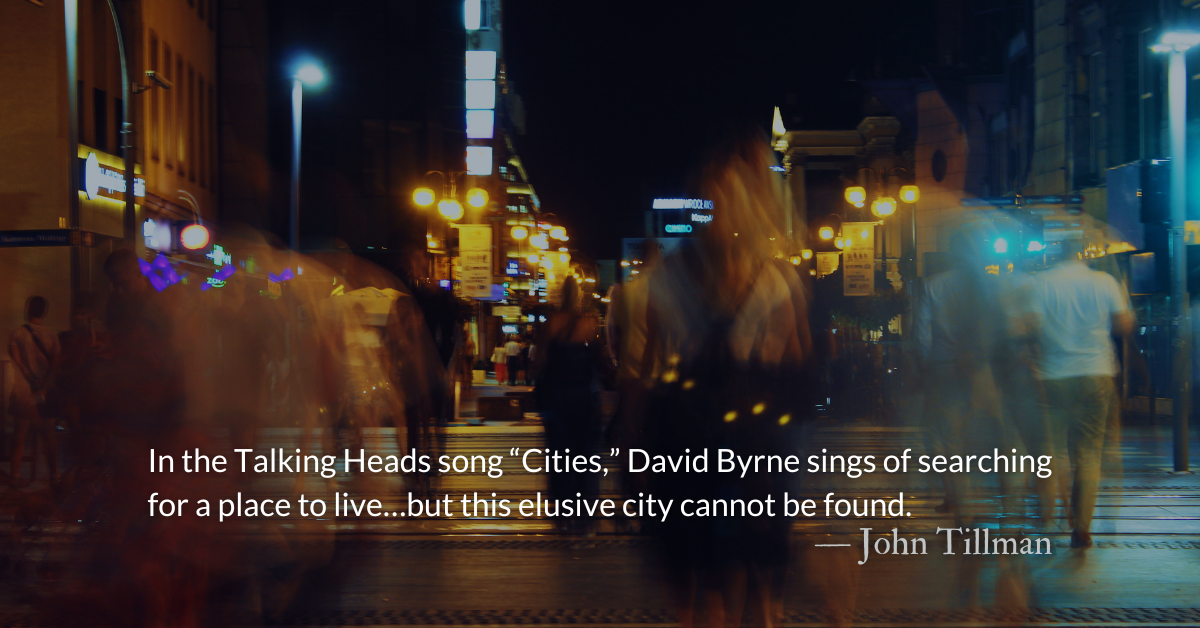Exodus 30.11-12, 16
Then the LORD said to Moses, “When you take a census of the Israelites to count them, each one must pay the LORD a ransom for his life at the time he is counted… It will be a memorial for the Israelites before the LORD, making atonement for your lives.”
TBT: Justification by Faith Alone | by Jonathan Edwards (1703-1758)
Christ by suffering the penalty, and made atonement for us, removed the guilt of our sins, and sets us in the same state that Adam was in the first moment of his creation. It is no more fit that we should obtain eternal life only on that account.
Adam did not have the reward merely on account of his innocence; if so, he would have had it fixed upon him at once, as soon as ever he was created. He was as innocent then as he could be. But he was to have the reward on account of his activeness in obedience; not on account merely of his not having done ill, but on account of his doing well.
On the same account we have not eternal life merely as void of guilt, which we have by the atonement of Christ; but on the account of Christ’s activeness in obedience, and doing well.
Christ is our second federal head, and is called the second Adam. He acted that part for us which the first Adam should have done. When he had undertaken to stand in our place, he was looked upon and treated as though he were guilty with our guilt.
The second Adam brought himself into the state in which the first Adam was on the first moment of his existence — a state of mere freedom from guilt — and hereby was free from any obligation to suffer punishment.
There was need of something further, a positive obedience, in order for him to obtain — as our second Adam — the reward of eternal life.
God does, in the sentence of justification, pronounce a man perfectly righteous. This, according to the established rule of nature, reason, and divine appointment, is a positive, perfect righteousness.
Prayers from the Past
Glory to the Father, Son, and Holy Spirit.
Holy God, deathless, strong,
pity us, save us,
Son of God, our Savior.
Alleluia! Alleluia! Alleluia!
— Anonymous prayer discovered on a pottery fragment, published in 1900.
Today’s Readings
Exodus 30 (Listen – 5:06)
John 9 (Listen – 4:56)
Ancient Symbols, Modern Faith
Part 4 of 5, read more on TheParkForum.org
___________________
FAQs
How can I make a tax-deductible donation? Click here.
How can I get these devotionals in my inbox? Click here.
What is the reading plan this blog is based on? Click here.
___________________________________






